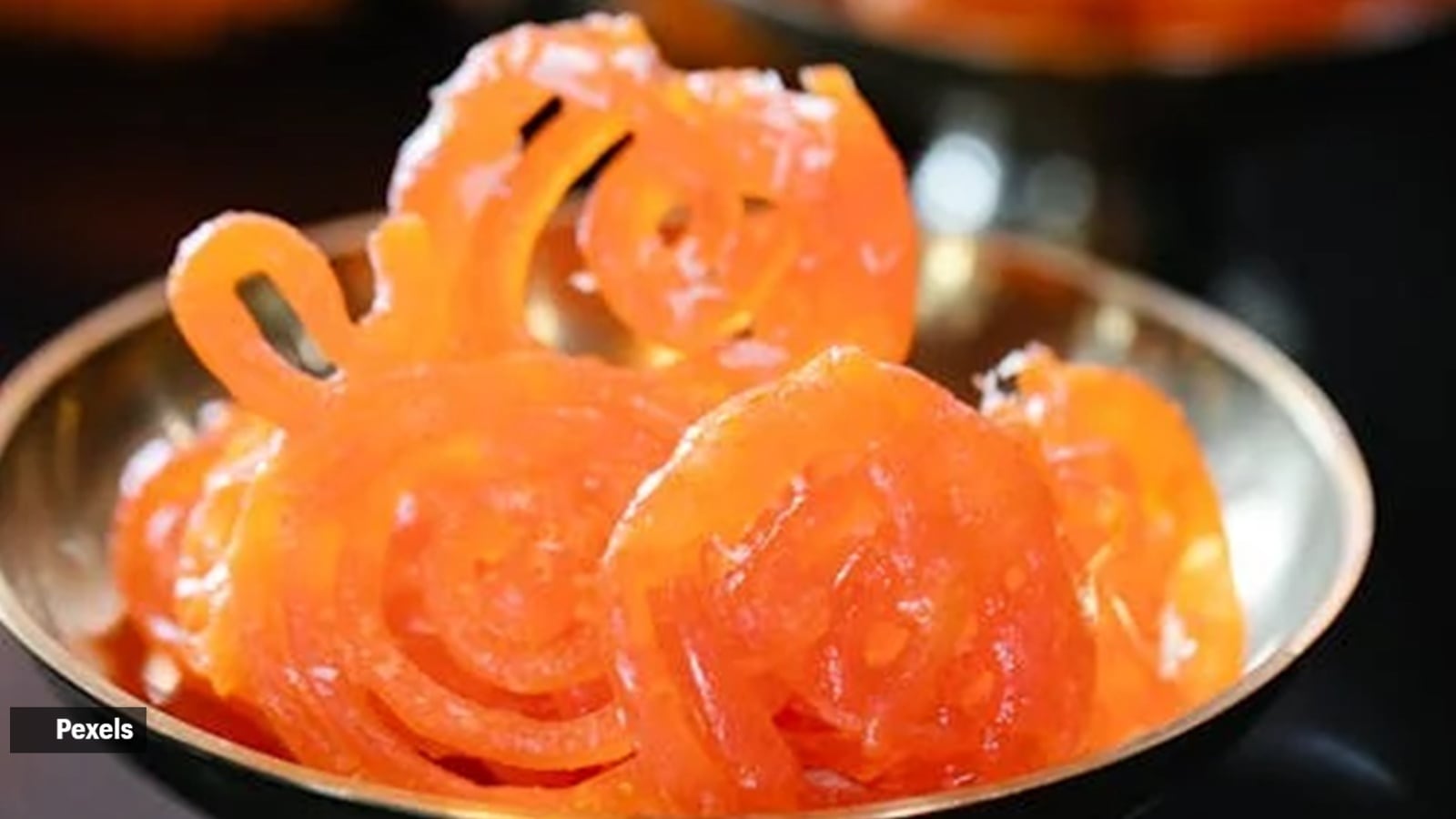In response to the health ministry’s call to install displays of boards mentioning the sugar and oil content in snacks such as samosa, kachori, pizza, burger, french fries, soft drinks, gulab jamun, jalebi, and vadapav to promote healthy lifestyles and combat obesity and non-communicable diseases, nutrition experts have called upon such stringent measures on ultra processed foods first.
The ministry, in a letter dated June 21, has also called for printing health messages on all official stationery, including letterheads, envelopes, notepads, folders, etc., and publications to reinforce daily reminders on fighting obesity.
“We are proposing display of Sugar and Oil Boards initiative to promote healthier dietary habits in various settings. These boards serve as visual behavioural nudges in schools, offices, public institutions, etc, displaying key information about hidden fats and sugars in everyday foods,” the letter stated.
Many reports suggested “cigarette-style” warnings on such food items; however, the official notification didn’t mention it.
 Do you have jalebi? (Photo: Pexels)
Do you have jalebi? (Photo: Pexels)
As per NFHS-5 (2019-21), more than one in five adults in urban areas are overweight or obese. Experts also note that obesity significantly raises the risk of non-communicable diseases such as diabetes, hypertension, heart disease, and certain cancers while also impacting mental health, mobility, and quality of life, PTI reported.
Celebrity nutritionist Rujuta Diwekar said on her Instagram, “Ultra processed food products are the real problem. And there is ample proof of that, too.” She mentioned in the post that tobacco is an independent risk factor that harms irrespective of environment and lifestyle. “Samosa and jalebi ne aapka kya bigada hai? If we are serious about health warnings – colas, chips, cookies, etc, must get them first. Regulate and tax big food,” added Diwekar.
Traditional Indian snacks (like samosa, vada pav, and jalebi) are typically deep-fried and calorie-dense, containing substantial saturated fat and added sugars, and offer minimal fibre or micronutrients in their commonly sold forms. Regular consumption, especially in large portions, is definitely linked to increased obesity and lifestyle disease risks, said certified diabetes educator and dietician Kanikka Malhotra.
Story continues below this ad
However, Malhotra seconded Diwekar and noted that ultra-processed packaged foods—namely chips, namkeens, savory snacks, sugary drinks, and ready-to-eat items—are often more problematic. “They not only pack in high amounts of unhealthy fats, sugars, and sodium, but also contain food additives, emulsifiers, synthetic colours, preservatives, and flavour enhancers not present in homemade or conventional versions. These ingredients can negatively impact gut health, metabolic risk, and even food addiction,” Malhotra told indianexpress.com.
The Indian diet is shifting rapidly towards these ultra-processed foods, which may displace healthier options like home-cooked meals, further heightening public health risk, added Malhotra.
Both categories warrant attention, emphasised Malhotra. “Because of their additives and high hidden sugar/fat/salt content, they deserve prominent warnings. However, traditional snacks like samosa and jalebi, which can be nearly as calorie-dense and nutrient-poor, should not be exempt. The focus should be on the degree of processing, nutritional quality, and actual health risk, not nostalgia or tradition alone,” said Malhotra.
It’s not a contest between vada pav and potato chips; both can harm public health when consumed frequently and in excess. “The ultimate goal must be redefining convenience and taste to prioritize health—be it at home, in restaurants, or packaged formats,” Malhotra said.
Story continues below this ad
DISCLAIMER: This article is based on information from the public domain and/or the experts we spoke to. Always consult your health practitioner before starting any routine.

